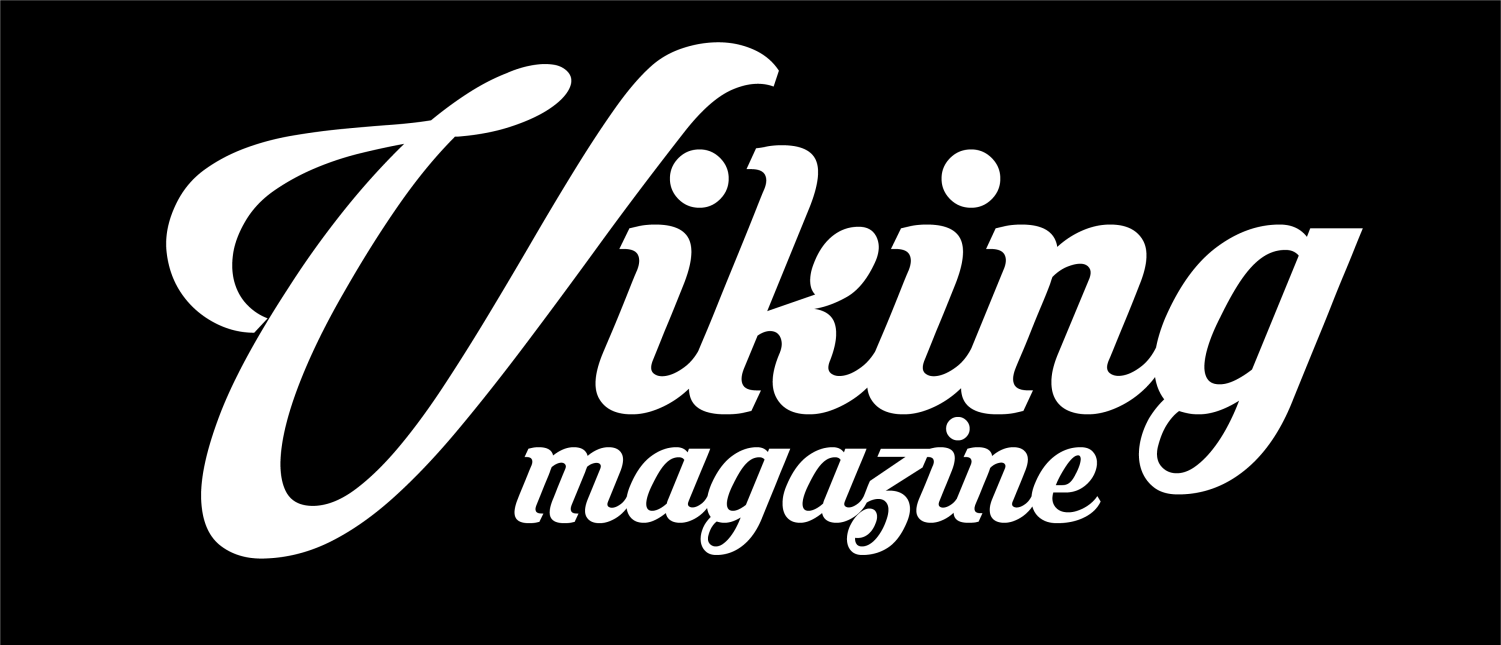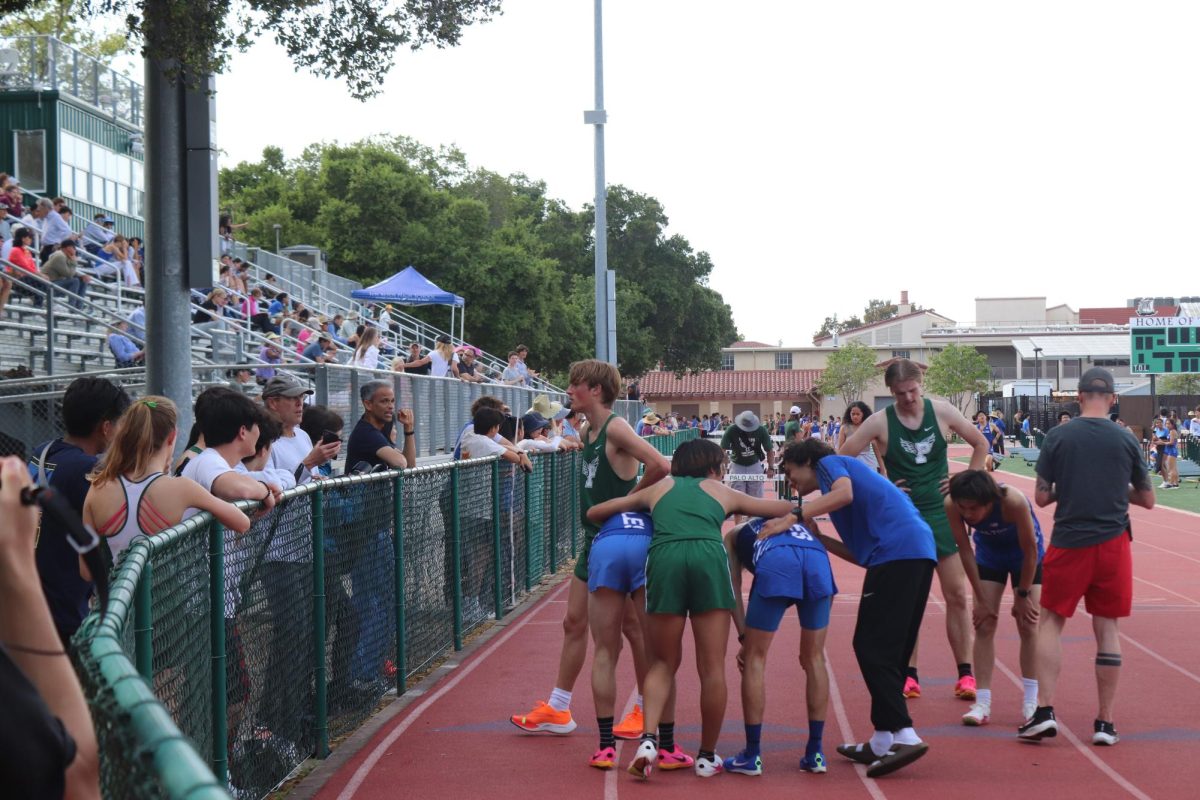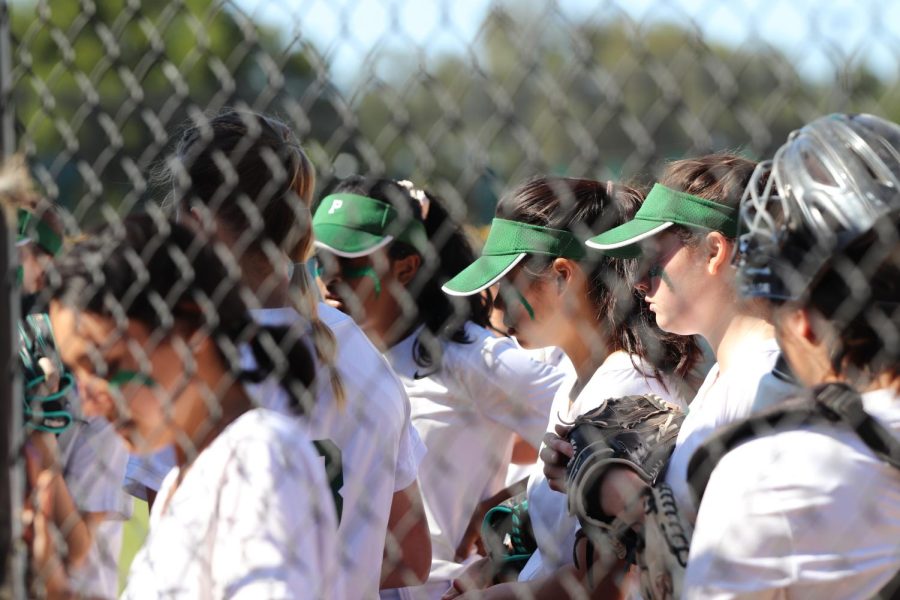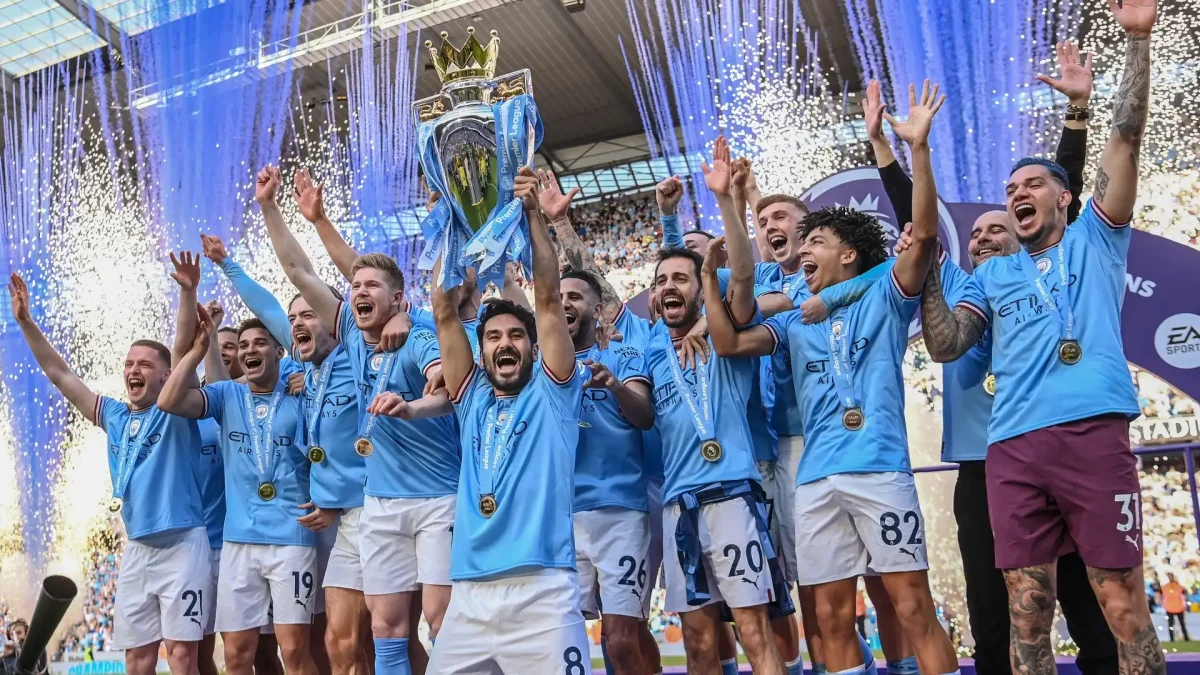Showboating in Sports
January 16, 2018
In May of 2017, Roger Goodell and the NFL changed their policy on celebrations, thus allowing players to express themselves and have more fun playing the game they love. However, just this year, after the institution of these new rules, plenty of excessive celebration penalties and fines have been issued to players doing just what was promised to be allowed. In week 6 of the season, Le’veon Bell of the Pittsburgh Steelers drew an excessive celebration penalty as well as a fine for boxing the goalpost after his incredible touchdown run.
In today’s sports world, showboating is not only frowned upon, but is illegal and can result in penalties, suspensions and fines. The prevention of showboating across all levels of athletics has not only decreased the amount of fun the players have, but has also resulted in less entertainment for viewers from the high school level all the way to the pros.
In the NFL, players have been fined for just expressing themselves too much. In 2016, 18 different players were suspended for excessive celebrations alone. This included Seahawks Michael Bennett, who was fined $9,115 for doing “more than two hip rotations in his sack dance.” This excessive encroachment into each athlete’s celebration after doing something helpful to their team is unnecessary and should not be continued.
This year, the NFL said they would be more lenient when it came to celebrating, but they have still issued fines and thrown penalty flags on excessive celebration or unsportsmanlike conduct calls frequently this season. The NFL obviously only said they would change their showboating regulations to try and save face, as they have lost a significant amount of viewership and experienced a decline in ratings in the past few years. A big part of the declining ratings of the NFL is because of this mismanagement towards celebrating.
In the NBA, the management hasn’t had to deal with declining ratings, and this is partially due to their position on celebrations. The NBA is considered to be more “fun,” as they have only given a handful of fines and suspensions based on celebrations, and most of those are because the athlete had done something offensive and deserved to be suspended for their actions. The NBA often hands out delay of game penalties to certain excessive celebrations, generally when a player’s celebration creates a hostile environment on the court, or the celebration has truly delayed the game for the other players and fans. For example: Demarcus Cousins of the New Orleans Pelicans has received multiple delay of game fouls in the past few years and is well known for his malicious actions on the court. On October 18th, Cousins was awarded his first technical foul of the 2017-18 season against the Grizzlies for verbally abusing a fan in his road game. This example of a player truly hurting the process of the game is why the NBA has a far better policy towards excessive celebrations, allowing their players and fans to have the fun they want in their favorite sports.
College sports have been dealing with similar issues. Since college athletes are younger, the NCAA believes they should more strictly regulate excessive celebrations than their professional counterparts. This is completely ridiculous. Not only are most college athletes going to join the professional leagues at some point in their careers, but all college athletes are legal adults and should not be coddled like a child by the overbearing NCAA. The NCAA’s take on excessive celebrations is almost worse than the dishonesty the NFL shows their fans, as they can ruin a player’s entire career with these rules, a player who doesn’t even receive any pay. At some point, the NCAA has a right to get involved when the excessive celebration can offend or injure a fan or opposing player. However, this is very rarely the case as most college athletes understand the consequences of their actions even as younger players. With more teams and players to manage, it is harder for the NCAA to keep control of celebrations across the entire country, but there should be a place in the middle where they can allow for their players to have the fun they desire while continuing to keep them from harming or offending anyone involved with college athletics.
In high school sports, especially football and basketball, any celebrating in front of the opposing teams can, at times, result in a suspension or some form of a penalty. The high school rules are rightfully more strict against celebrating, as the athletes are still kids who may not respond as well to showboating.
“It is definitely more regulated than it is in college or the NBA because it is not as popular or televised,” Marvin Zou (‘19) said. “I think players are pretty limited in what they can do to celebrate because refs have more liberty to give players technicals in high school.”
In our experience, showboating makes any sport at any level more entertaining and fun for the players and the audience. Some may argue that too much showboating can result in discouragement for the opponent. This can be true, as especially in youth sports, kids get upset very quickly when they are not winning. Often times, showboating can only hurt this prospect. However, in most cases, showboating is not intended to gloat about a win or defeat, it is generally just a form of expressing joy when an individual does something beneficial to his or her team. Especially in professional and even college sports, where the athletes at stake are grown adults, the showboating has neither bad intentions nor should it offend any opponent.
In the end, showboating and celebrations can be a very controversial and in depth topic that many people have strong opinions about. Many people, mostly parents and leadership officials in different professional leagues, think showboating can be offensive and should be strictly regulated to ensure no one is hurt. However, if this were the case, the athletes would not be able to have the fun they are entitled to. They would not be able to enjoy themselves while playing their respective sports and this could result in a decline in the participation as well as viewership of all the sports we love.







Greg Wiles • Oct 14, 2023 at 1:43 pm
I think that the nfl should be more strict on excessive celebration and unsportsmanlike conduct penalties. I can’t stand show-offs. It’s getting to the point that I’m about ready to stop watching it.
Jack ofall • Jan 22, 2022 at 2:54 pm
If athletes want to be a clown join the circus. They only celebrate to hopefully get camera time. Spend more time after a play thinking what they could have done better rather what dance they will for doing what they are being paid 2 do.